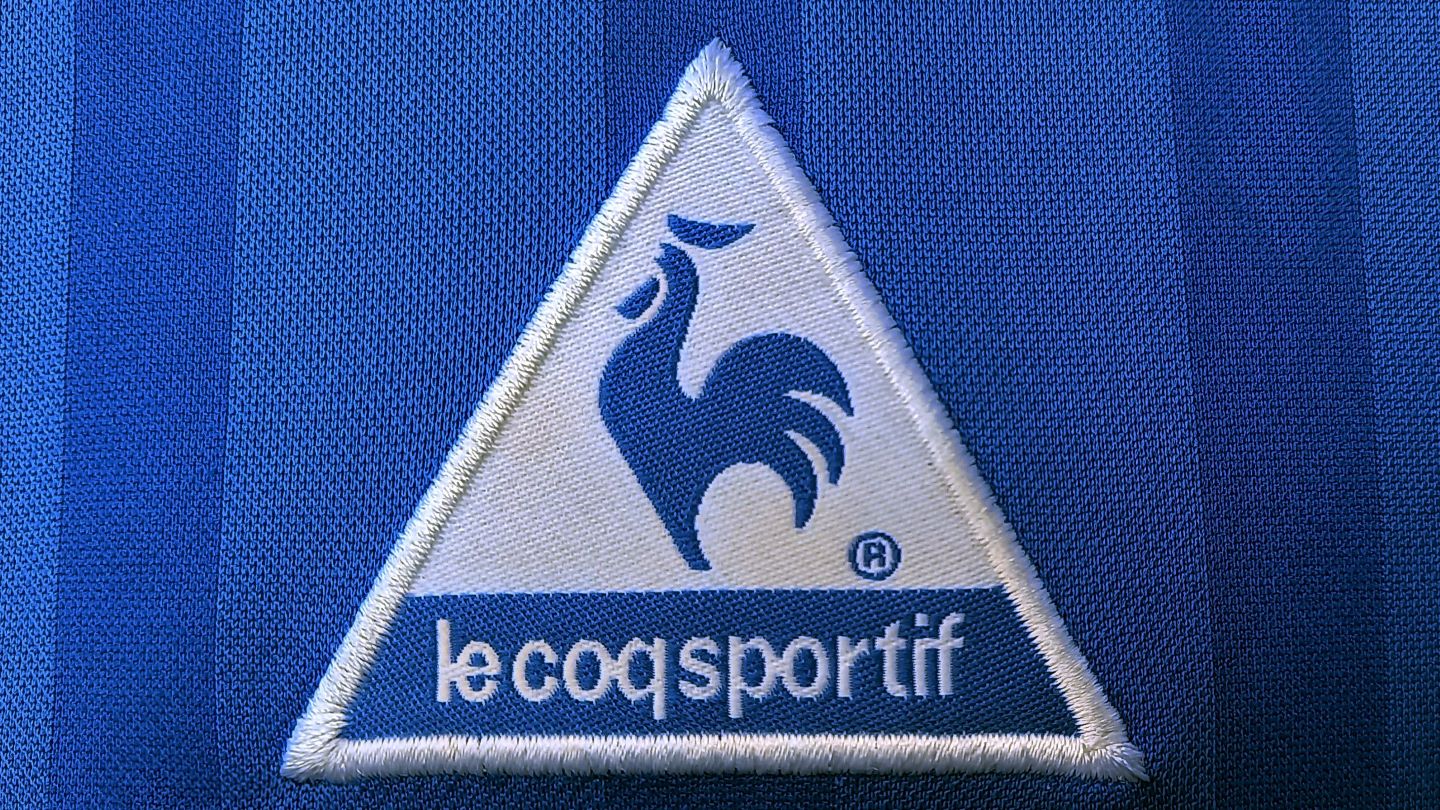
A Paris court has selected a bid from French-Swiss entrepreneur Dan Mamane to take over Le Coq Sportif and save the beleaguered French sportswear brand from insolvency.
Mamane's bid was chosen by the Paris Commercial Court over a consortium led by French family investment fund Neopar and backed by businessman Xavier Niel.

Discover B2B Marketing That Performs
Combine business intelligence and editorial excellence to reach engaged professionals across 36 leading media platforms.
The Mamane-led group will be investing €70 million ($82.1 million) in the embattled brand.
The consortium is backed by the Mirabaud Patrimoine Vivant investment fund, which in the past took a minority stake in Le Coq Sportif.
Alexandre Fauvet, a former executive at French sportswear and fashion brand Lacoste, has been installed as the new chief executive (CEO) of Le Coq Sportif.
Fauvet was recently the CEO and minority shareholder of premium alpine brand Fusalp.

US Tariffs are shifting - will you react or anticipate?
Don’t let policy changes catch you off guard. Stay proactive with real-time data and expert analysis.
By GlobalDataThe consortium also stated that the project includes the support of Japanese corporation Itochu, while Udi Avshalom, a former COO of Adidas, has been hired as global brand strategic advisor.
In a statement, the group said it plans to “reposition Le Coq Sportif as a benchmark international brand in high-end sports and lifestyle. The ambition is to achieve sales of €300 million in 2030 (compared with €122 million in 2023) and a return to sustained profitability.”
Mamane added: “After some difficult years, Le Coq Sportif needs to regain its influence and desirability, and that's what our project is all about. It is based on strong convictions and the assets of this emblematic brand: a French brand, unique textile know-how, a precious territorial anchorage, and immense potential for reconquest.
“We will give back to Le Coq Sportif the means to innovate, to seduce world markets again and to assert itself as a reference of French style and sport.”
The rival consortium fronted by Neopar, a vehicle of the Poitrinal family that is focused on turning around struggling companies, had offered €60 million to take over the iconic brand.
Neopar represented 51% of the consortium, while prominent French billionaire telecoms businessman Niel led a cohort of investors that also included members of the Camuset family (which founded the brand), and businessman Marc-Henri Beausire, chief executive of Airesis, the Swiss investment firm that acquired Le Coq Sportif in 2006 and was its parent company.
That cohort represented 26.5% of the takeover bid, while the remaining 22.5% was being brought by Iconix Brand Group, the US ownership company that controls both sportswear brand Umbro and the sports-affiliated apparel brand Starter.
Many multi-brand retailers, such as French giant Intersport, were also reportedly supporting that bid.
Le Coq Sportif was placed into receivership in late 2024 as its debt spiralled to between €60 million and €70 million, with the brand’s financial results for the first half of the 2024 fiscal year indicating a loss of €18.2 million, compared to a loss of €10.5 million in the same period the year prior, and a loss of €28.2 million for the whole of 2023.
In recent years, the brand’s financial woes have deepened, in spite of securing an apparel contract for the Paris 2024 Olympic Games and Team France.
Le Coq Sportif received an emergency loan of €2.9 million from the Olympic organizers to fulfil that deal in May 2024, of which €150,000 had yet to be repaid on September 30. This was in addition to a €12.5 million loan from the French government undertaken in 2023.
These issues have been exacerbated primarily by the brand's inability to secure a foothold in the footwear industry, a failure that saw its revenue drop by €20 million in the 2023 financial year.
Furthermore, the brand is also involved in a legal battle with French rugby union’s FFR governing body, which is seeking to recoup €5.3 million it claims it is owed by its former kit manufacturer.
Le Coq Sportif produced kits for the French national team from 2018 through to this year, when it was replaced by German giant Adidas in September.
Florian Grill, the FFR’s president, told French media outlet AFP that the owed money stems from unpaid royalties, sponsorship contracts, and late interest payments.
Grill added that while the FFR had crafted debt repayment plans for Le Coq Sportif, the brand had not followed them, forcing the rugby union body to take legal action.
A court hearing on the case took place last September.
Le Coq Sportif’s six-year partnership with the FFR was worth a reported €30 million throughout the contract, or €5 million annually.





